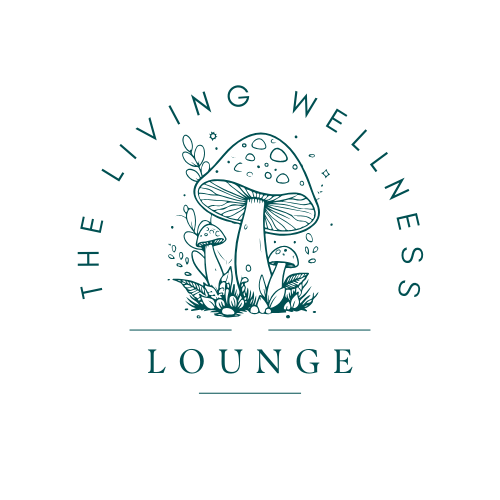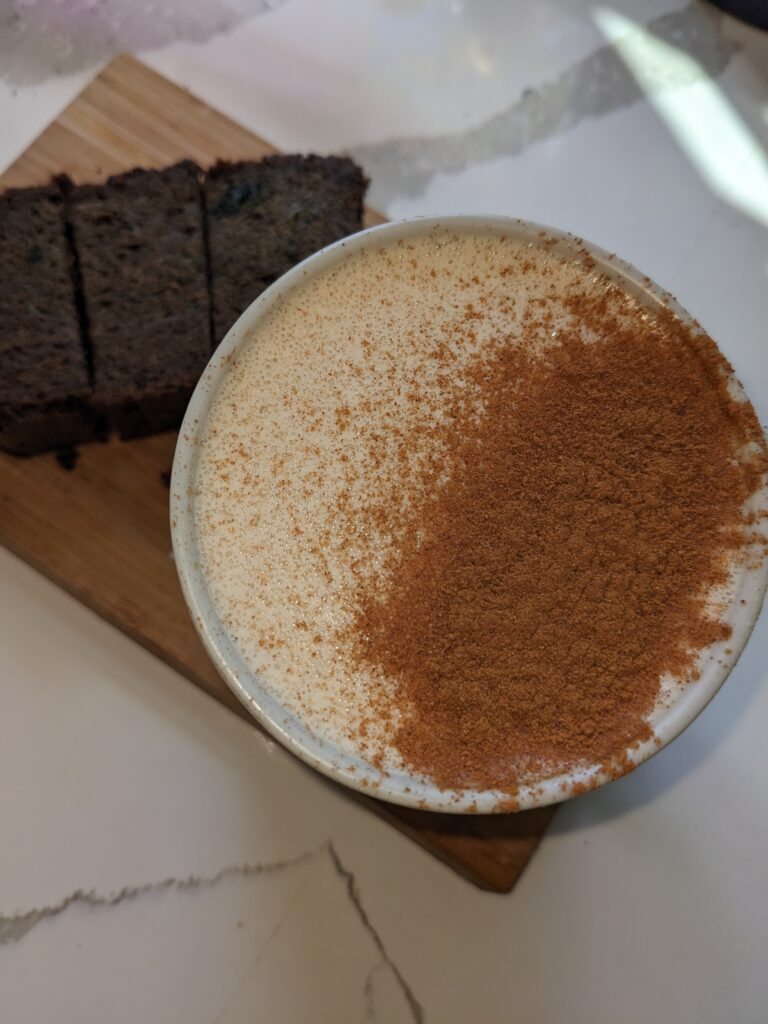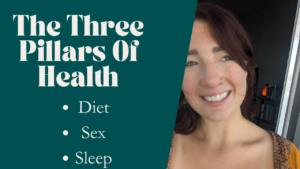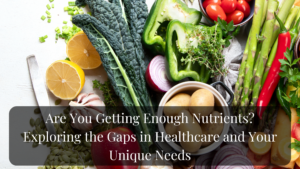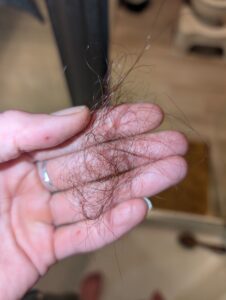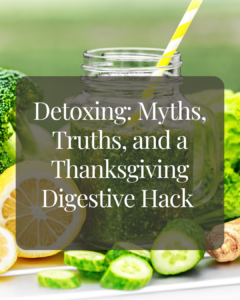Food As Medicine
What it Truly Means to Use Food as Medicine
Have you come across the well-known phrase, perhaps even adorning the walls of your favorite smoothie spot, “Let Food Be Thy Medicine and Medicine Be Thy Food”? This profound statement is attributed to Hippocrates, regarded as the father of modern medicine. And the wisdom rings true.
Ancient healing systems like Ayurveda and TCM (Traditional Chinese Medicine) have understood for thousands of years the powerful role of using food as medicine. However, this invaluable wisdom seems to have faded in modern times. Fortunately, with scientific advancements, we are reawakening to this concept. The study of omics, particularly epigenetics, has validated the profound impact food has on our health. While we once believed our genes solely determined health outcomes, epigenetics reveals that genes play a small role. In fact, a significant portion of our DNA resides in our gut, interacting with the food we consume, influencing gene expression (crazy right!).
Furthermore, food supplies our bodies with the nutrients needed to power our bodies! It runs our brain, build tissues, regulate hormones, grows babies, and more! These nutrients are implicated in every bodily function you can think of.
When we embrace the power of food as medicine, it puts us back in control of our health. With the right guidance, we can ensure that our dietary choices invite health, healing, and harmony. It’s empowering to know that our actions make a difference, and we have more control over our health than we’ve been led to believe.
Our societal perspective on food, body size, health, and disease has become disjointed. It’s time for a paradigm shift. Let’s reclaim the true power of food, moving beyond a fixation on caloric content or macronutrient composition. Food represents a monumental opportunity to shape our health throughout our lifetimes. With approximately 87,600 meal opportunities over an 80-year span, each bite extends an invitation for nourishment, neutrality, or noxiousness to the body (and subsequently, the mind).
Every meal unfolds one of three scenarios: Nourishment, supplying the body with vital nutrients; Neutrality, neither contributing nor detracting from health; or Noxiousness, when incompatible foods lead to issues like sensitivities, allergies, or nutrient deficiencies. Our bodies demand nutrients sourced from the food we consume, and our ability to extract these nutrients significantly influences our overall health.
Approaching food as medicine involves a holistic consideration of what we eat, what we exclude, identifying deficiencies, and comprehending our body’s physiology for efficient breakdown and utilization. This approach emerges as a potent force in disease prevention, health fortification, and restoring equilibrium—an empowerment journey for individuals. Recognizing that our dietary choices wield direct influence over our health represents a profound revelation.
In conclusion, adopting the perspective of using food as medicine signifies a transformative departure from conventional dialogues about food. It urges us to view each meal as a chance for comprehensive nourishment, fostering a holistic understanding of the far-reaching impact our dietary choices have on our overall well-being. It’s genuinely empowering to comprehend that the food we choose to consume plays a pivotal role in shaping our health.
Bonus: One man’s food is another man’s poison. We must honor how unique each of our individual food needs is. Eggs might be your superfood, but my supervillain. The conversation around food shouldn’t be about good food vs. bad food. Food is truly neutral; it’s the context and person that are most important here. We make a point not to demonize food, as we know firsthand the dangers of eating disorders and food fear.
